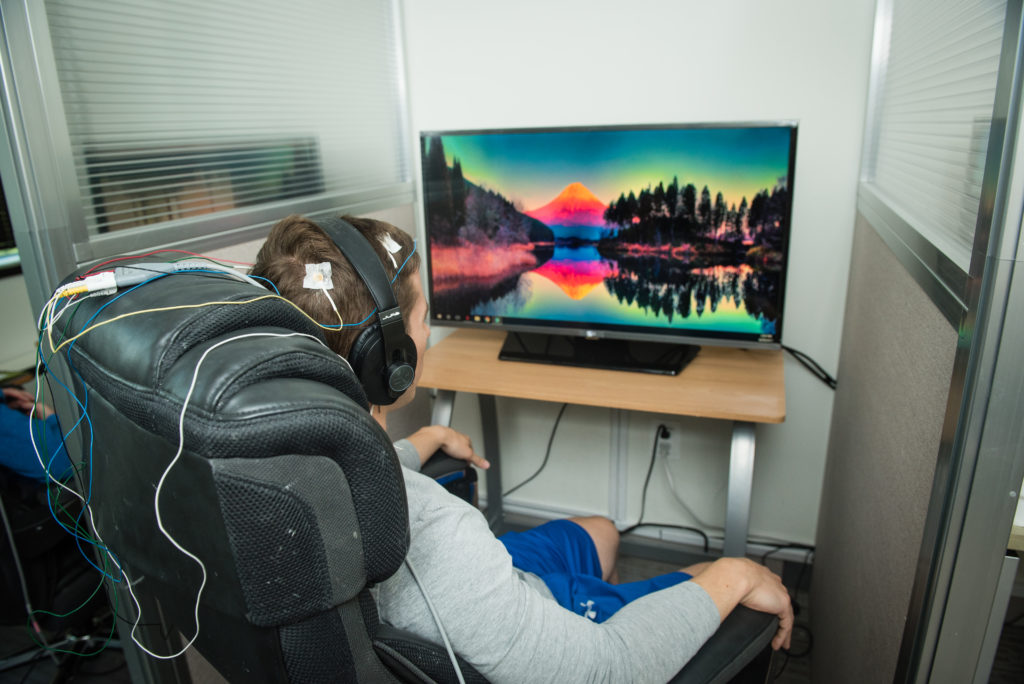Investigating The Way Slumber Disorders Interfere with Brainwave Function as well as Impact Mental Function
Investigating The Way Slumber Disorders Interfere with Brainwave Function as well as Impact Mental Function
Blog Article
Sleep is an essential part of our daily lives, allowing our bodies and mental faculties to repose and rejuvenate. However, many individuals experience from slumber disorders, which can significantly disrupt slumber patterns. These disorders can result to multiple issues, including changes in neural wave activity. Brainwaves are electrical signals in the mind that reflect our mental state and activity. When sleep is disturbed, the typical patterns of brainwaves can be impacted, resulting to problems with mental function, such as recall, attention, and judgment.
There are various types of slumber disorders, including insomnia, slumber apnea, and unsettled leg syndrome. Sleeplessness is characterized by trouble falling or remaining asleep, while sleep apnea involves interruptions in respiration during slumber. Unsettled leg syndrome causes uncomfortable sensations in the legs, resulting to an irresistible desire to move them. Each of these disorders can disturb the natural slumber cycle, which consists of different stages, including shallow sleep, deep sleep, and REM (rapid eye movement) slumber. Each stage holds a crucial role in preserving overall cognitive health and function.
When sleep disorders interfere with these stages, neural wave activity can become erratic. For example, during profound sleep, the brain generates gentle delta waves, which are important for bodily restoration and memory consolidation. If a person undergoes frequent awakenings or does not attain profound sleep, the production of these delta waves is diminished. This can lead to challenges in learning new knowledge and holding memories. Additionally, REM sleep, which is associated with dreaming and affective processing, is also affected. Disruptions in REM sleep can result to problems with affective regulation and creativity.
The effect of slumber disorders on cognitive function is significant. Research has shown that people with sleep disorders often face challenges with attention and concentration. This can influence their performance at educational institutions or work, making it challenging to finish tasks or engage in discussions. Furthermore, chronic slumber deprivation can result to mood changes, increased stress, and even nervousness or depression. These cognitive and affective challenges can create a cycle, where poor sleep results to cognitive difficulties, which in turn can result to more slumber problems.
Addressing slumber disorders is essential for enhancing neural wave activity and cognitive function. Treatment options may encompass habitual changes, such as establishing a consistent slumber schedule, establishing a comfortable slumber environment, and engaging in relaxation techniques. In some cases, medical intervention click here for info may be necessary, such as employing a CPAP machine for slumber apnea or medication for sleeplessness. By valuing slumber and seeking appropriate treatment, people can improve their overall cognitive abilities and boost their quality of life. Comprehending the relationship between sleep disorders, neural wave activity, and mental function is an essential step toward better health and well-being.